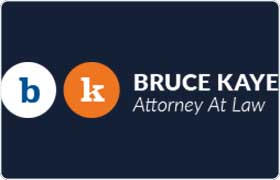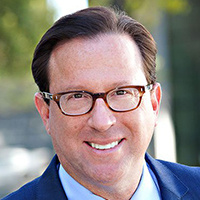Garland DUI-DWI Lawyer, Texas
Sponsored Law Firm
-
 x
x

Click For More Info:
-
Law Offices Of Bruce C. Kaye
400 N. St. Paul St.1110 Dallas, TX 75201» view mapCriminal Defense Law Changing Lives, One Case At A Time
The best thing about running my own practice is the opportunity to give my clients the individual attention they deserve.
800-920-9461
Aaron Alan Herbert
✓ VERIFIEDFor over a decade he has shown an unwavering commitment to clients who were seriously injured by major accidents and industrial catastrophes. During t... (more)
Jay Bishop
✓ VERIFIEDJay Bishop proudly serves Dallas, TX and the neighboring communities in the areas of DUI-DWI and Family law.
John R. Teakell
✓ VERIFIEDJohn R. Teakell has over 30 years experience in criminal law as both a prosecutor and criminal defense attorney. Those charged with serious crimes see... (more)
Knox Fitzpatrick
✓ VERIFIEDAfter earning a statewide reputation for excellence as a prosecutor, Knox Fitzpatrick, in 1994, brought his formidable trial skills and gift for legal... (more)
FREE CONSULTATION
CONTACTFREE CONSULTATION
CONTACTFREE CONSULTATION
CONTACT Bruce Kaye Dallas, TX
Bruce Kaye Dallas, TX






